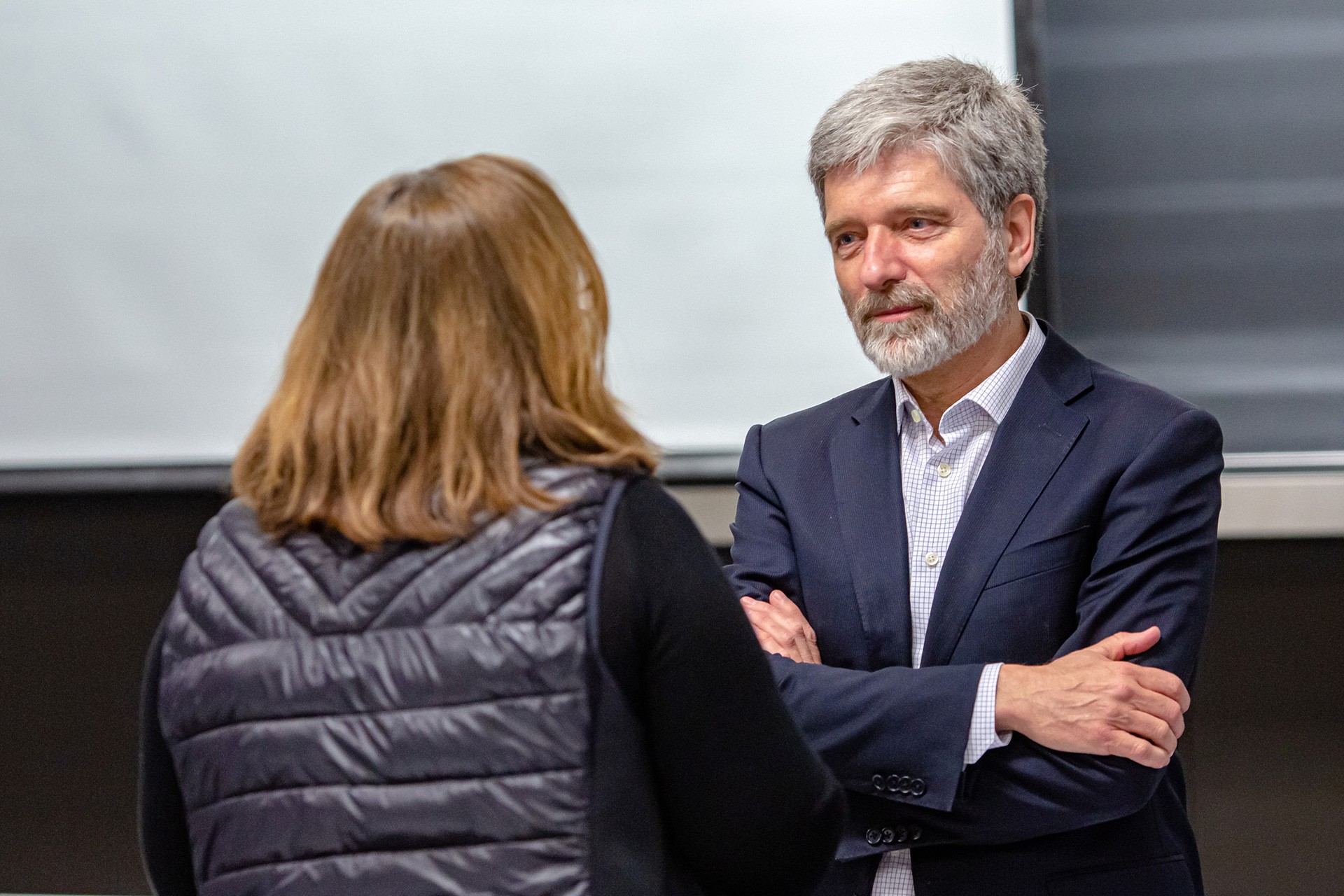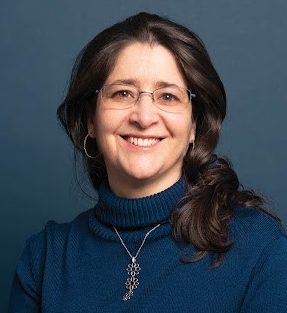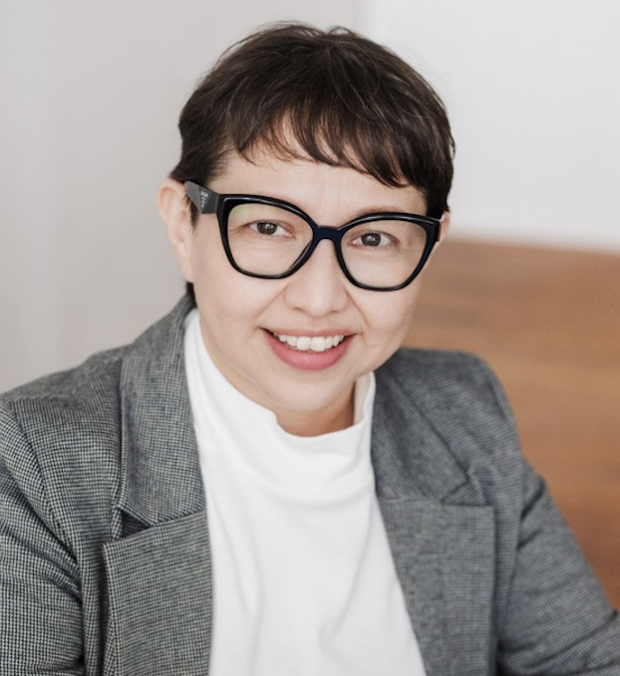Professional Goal‑Centric Certified Coach
Overview
Effective communication requires presence, empathy, and humility. When we listen deeply, affirm the other’s potential, and respond with genuine curiosity, we create spaces where people feel seen, valued, and inspired to grow. Our Professional Goal-Centric Certified Coach (PGCC) program fosters these relationships, equipping participants with the mindset and skills to become professional coaches, and engage with others in meaningful and transformative dialogues.
 Photo credit: Emily Gan
Photo credit: Emily Gan
Details
Format |
In person |
Fee |
$11,495 CAD |
In-person location |
Concordia University, Loyola Campus |
Language |
English |
Accreditation |
Qualify for ICF certification as Professional Certified Coach (PCC) |
Next start date |
Fall 2026 |
Key takeaways
- Achieve mastery of the International Coaching Federation (ICF) Core Coaching competencies, such as active listening, demonstrating presence, building trust, and facilitating client growth
- Become effective in co-creating clear coaching agreements, structuring goal-oriented conversations, promoting client self-discovery, and partnering to create robust action plans
- Develop the confidence and reflective skills needed to foster transformational client outcomes
- Join a supportive peer network and commit to a path of ongoing professional development
Program structure
This 18-day, in-person program unfolds over one weekend per month and combines coaching theory, supervised practice, and mentor coaching. It adheres to ICF standards and includes over 100 hours of coaching experience and mentoring with seasoned coaches who will lend their expertise throughout the program as you uncover your transformational potential. PCGG qualifies you to apply for ICF Professional Certified Coach credentials.
The program is divided into three phases.
Coaching foundations
- History and current orientation of professional coaching, and how it helps in numerous fields
- Key coaching models and theoretical perspectives underlying behaviour change
- Coaching ethics, goals, boundaries and agreements
Coaching skills
- Encouraging expression and deeper dialogue through empathetic reflection, mirroring and pacing
- Exploring passions, strengths and resources to help individuals gain momentum and purpose
- Challenging limiting beliefs to foster self-awareness
Influencing change and growth
- Using reframing strategies and motivational feedback to help coaching clients take down their own barriers
- Identifying sources of motivation to develop an action plans
- Supporting sustained learning and growth through commitment and accountability
Dates and fees
2026-27 dates
- Sept. 12–13
- Oct. 3–4
- Nov. 7–8
- Dec. 5–6
- Jan. 9–10
- Feb. 6–7
- March 13–14
- April 10–11
- May 8–9
Times
- Saturday: 9 a.m. to 6 p.m.
- Sunday: 9 a.m. to 5 p.m.
It is required to attend each class.
Fees
- Cost: $11,495 CAD
- Application fee: $115 CAD
Additional requirement: Participants must complete 10 individual mentoring sessions, arranged and paid for separately.
Please note that program fees do not include the cost of two required textbooks.
Payment schedule: The program fee is payable in two instalments: 50% within 15 days of receiving an admission offer and the remaining 50% by the program start date.
Cancellation and refund policy: For details on cancellations, refunds, and deferrals, please review our cancellation policy.
Application process
Applicants are required to apply online and pay a $115 non-refundable application fee.
Once your application is received, you’ll be asked to upload:
- A current CV
- A letter of intent outlining your motivation and qualifications for admission
You’ll be contacted for a short interview to assess your eligibility for the program. Once the selection committee has rendered its decision, you’ll be notified.
Program leaders












